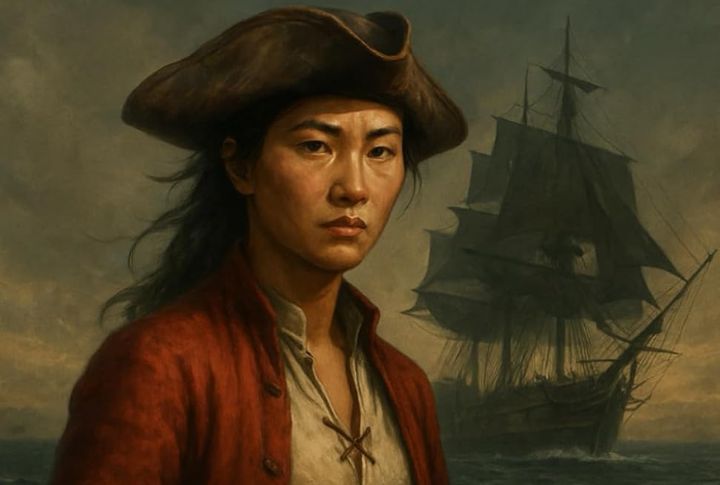
Most people expect history to be serious, but every so often, you stumble across trivia that changes the way you see the past. They’re not grand discoveries, just curious little facts that keep history engaging instead of repetitive. Here are 20 such fun facts that remind you history isn’t always predictable.
WWII Computers Were Not As Powerful
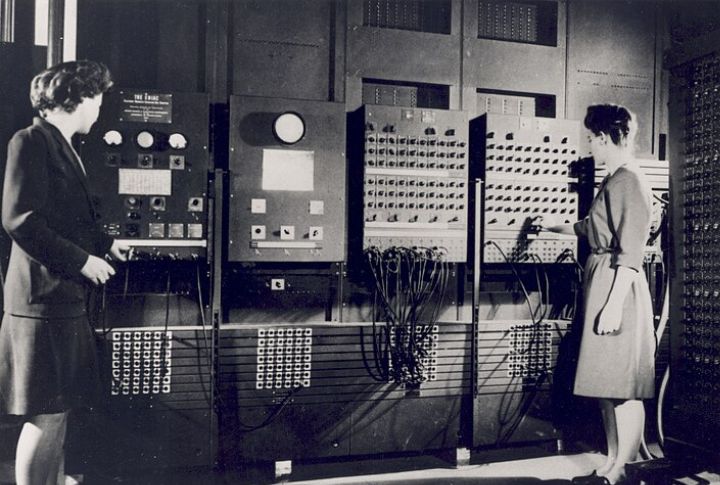
Back in the 1940s, the Allies needed entire rooms of giant machines just to handle military calculations. Technology has changed a lot since then. Today, the tiny chip inside a singing birthday card is more powerful than all those WWII computers combined.
Ancient Greek Olympic Athletes
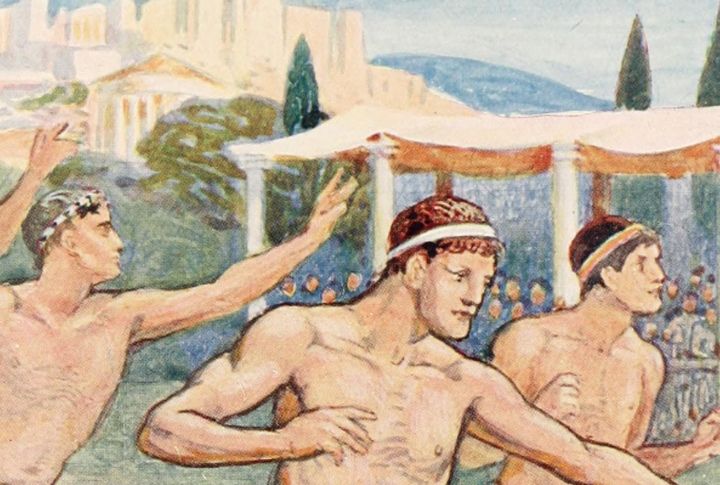
The word “gymnasium” originally comes from the Greek “gymnos,” meaning “no clothes”—a reference to an unusual Olympic tradition. In ancient times, athletes competed completely unclothed as a tribute to the gods and to show off their strength. And women weren’t allowed to participate or even watch these sacred games.
Pope Gregory IX’s War On Cats

In 1233, Pope Gregory IX issued a formal decree linking black cats to devil worship and heresy. This fueled widespread persecution of cats across Europe, especially during the Inquisition. Ironically, the mass killing of cats may have contributed to the spread of the Black Death as rodent populations flourished, carrying plague.
Abraham Lincoln’s Wrestling Career
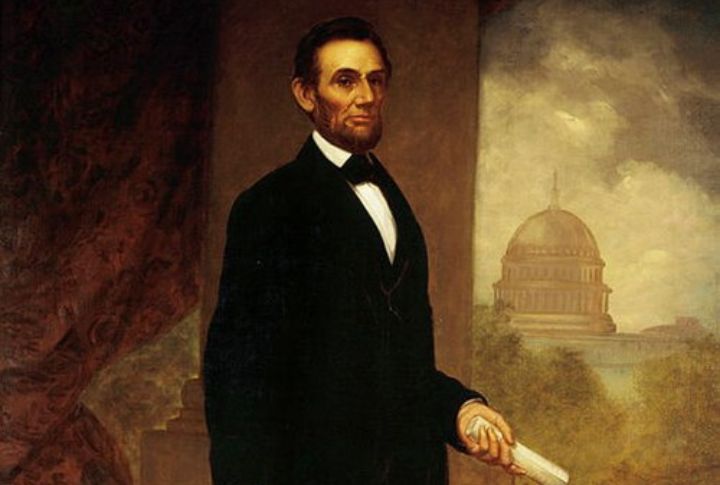
Before becoming president, Abraham Lincoln was known for his height and strength. At 6’4″, he was a skilled wrestler with an incredible record: 299 wins in 300 matches (allegedly). His reputation as a champion later helped him earn a spot in the National Wrestling Hall of Fame.
First Commercial Fax Transmission
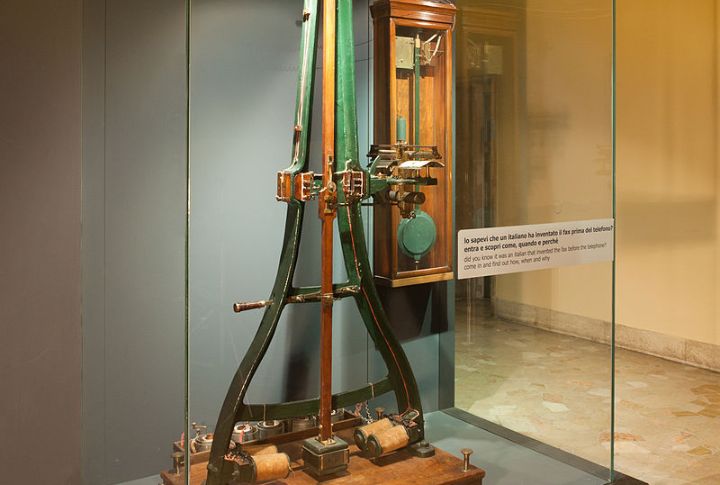
Faxing has roots in the 1800s. After improvements on telegraph systems, inventor Giovanni Caselli created the pantelegraph. In 1865, it enabled the first commercial fax service between Paris and Lyon. This happened decades before the telephone, while settlers were still crossing the Oregon Trail.
The Great Emu War
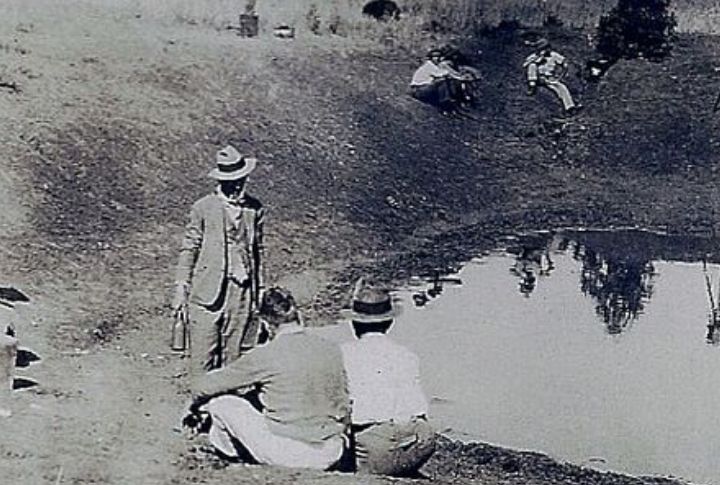
In 1932, Australia launched a strange military campaign against emus (yes, the bird). Soldiers used machine guns to stop those large birds from damaging crops. But the emus were fast and hard to target, escaping again and again. After a month, the military gave up, and the “Emu War” became a national joke.
Strasbourg Dancing Plague Of 1518
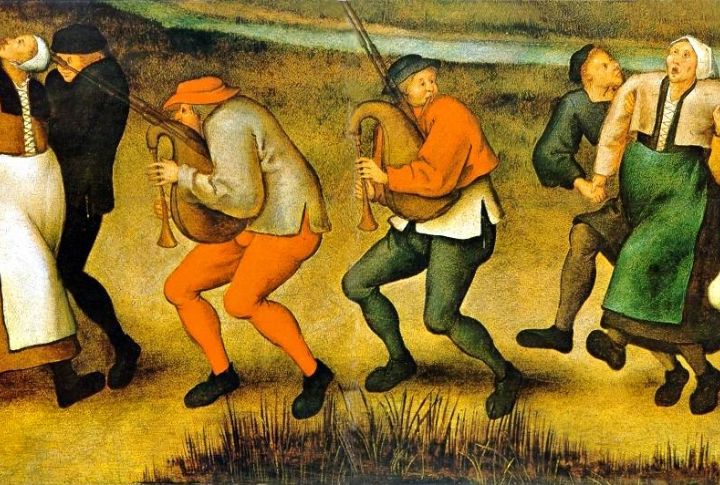
Hundreds of people in Strasbourg were struck by uncontrollable dancing fits in 1518. Authorities, unsure how to help, even hired musicians, hoping music might heal the dancers. Instead, the plan worsened things as many collapsed from exhaustion, and some danced themselves to death.
The Year Without A Summer (1816)
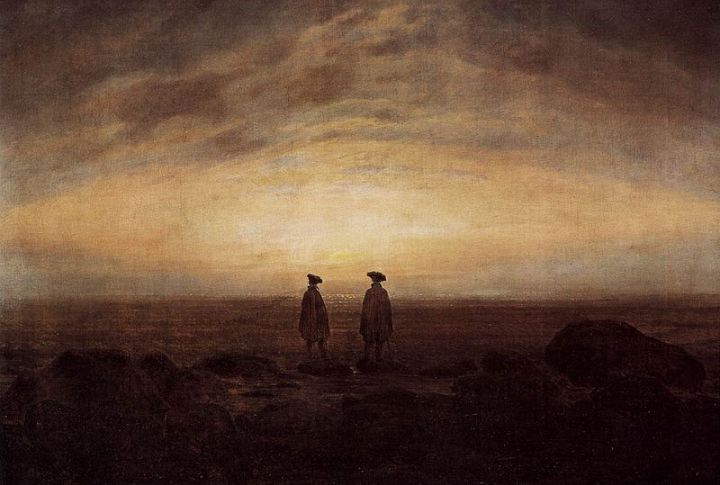
After Mount Tambora erupted in 1815, volcanic ash spread across the globe and blocked sunlight. The following year became known as the “Year Without a Summer,” with snow in June and failed crops in Europe and North America. Food shortages grew severe, and the gloom actually inspired Mary Shelley’s “Frankenstein”.
Medieval Animal Trials
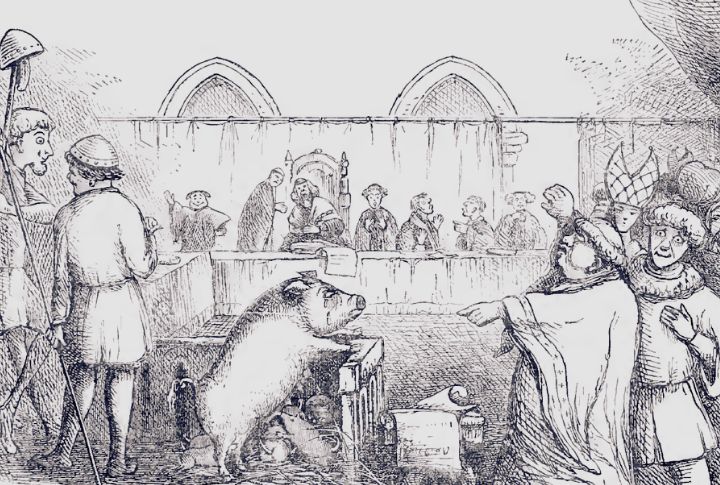
In medieval Europe, animals accused of crimes were treated like people. Pigs, goats, and even insects were put on trial, with lawyers assigned to defend them. Punishments could be harsh—sometimes even execution—reflecting the era’s belief that animals shared responsibility for their actions.
Ching Shih, Pirate Queen
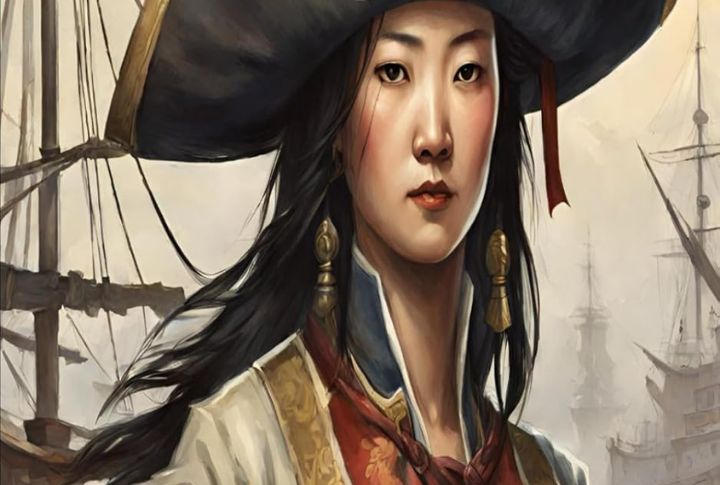
Ching Shih rose from a brothel worker in China to the most powerful pirate leader in history. She commanded 80,000 followers and 1,800 ships, enforcing strict rules among her crew. Instead of dying in battle, she negotiated peace with the government and retired wealthy.
The Accidental Birth Of The Microwave
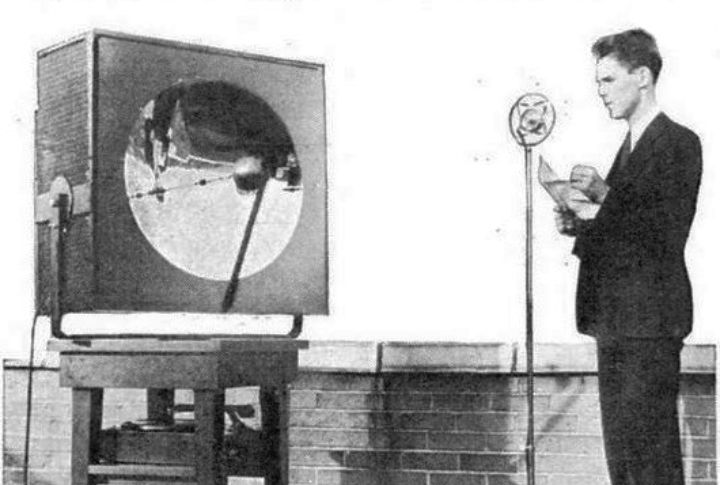
In 1945, engineer Percy Spencer was working on radar technology for Raytheon when he noticed a chocolate bar in his pocket had melted. Intrigued, he experimented more and confirmed that microwaves could, indeed, cook food. The first commercial microwave was bulky and expensive, but the science behind it was pure luck.
Henry VIII’s Grooms Of The Stool
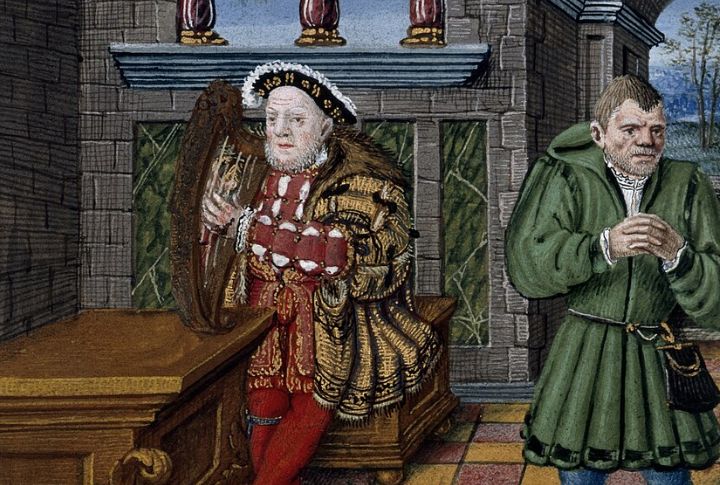
The Groom of the Stool might sound like a humiliating job. It began with assisting King Henry VIII in the most personal way possible. But the role came with rare access and influence. Over time, these attendants became trusted advisors, and the office later evolved into an important court position.
British Tanks And Tea
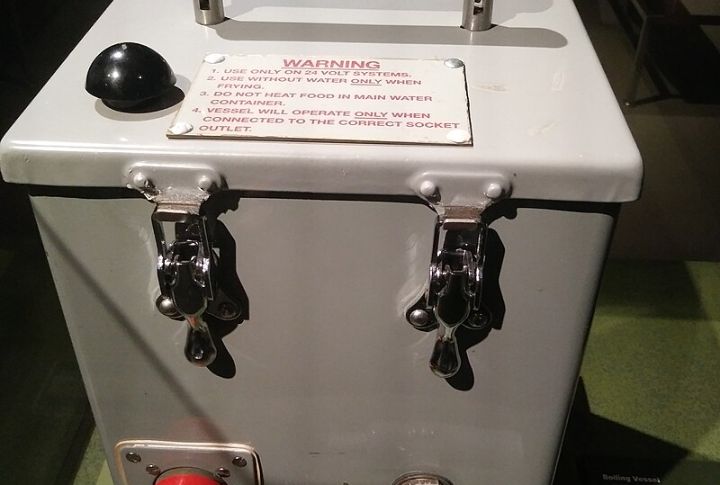
For the British Army, tea was so important that it shaped tank design. Since 1945, every tank has included a built-in “boiling vessel.” This clever device lets soldiers safely brew tea inside, while also heating meals and sterilizing water in the middle of combat.
Frank Hayes, The Winning Jockey
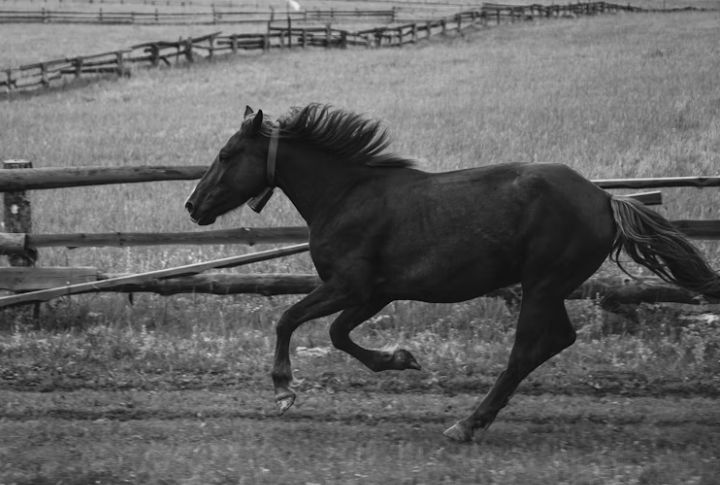
In 1923, jockey Frank Hayes entered his first race at Belmont Park riding a horse named Sweet Kiss. Against all odds, they won. But Hayes had died of a heart attack mid-race. The horse crossed the finish line alone, making it history’s only posthumous victory, which later led to the horse’s nickname “Sweet Kiss of Death.”
“Futility” And The Titanic
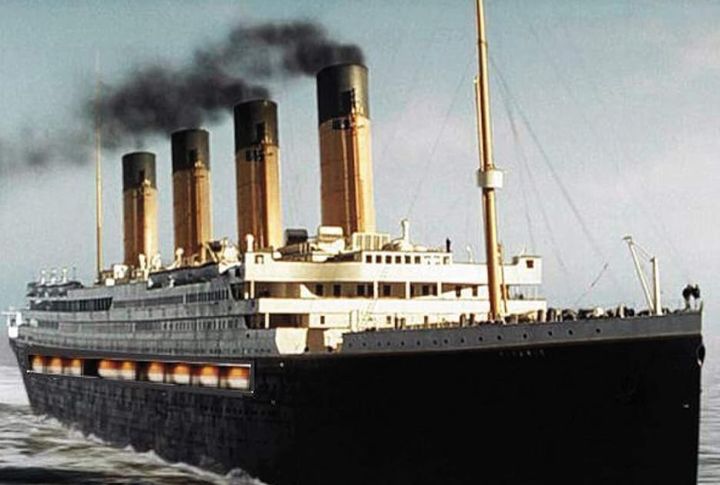
The year was 1898 when author Morgan Robertson published “Futility,” a novella about a massive “unsinkable” ship called the Titan. 14 years later, many were shocked by how closely fiction had mirrored reality when the Titanic met a nearly identical fate—striking an iceberg, lacking lifeboats, and sinking.
Nikola Tesla’s Remote-Controlled Boat
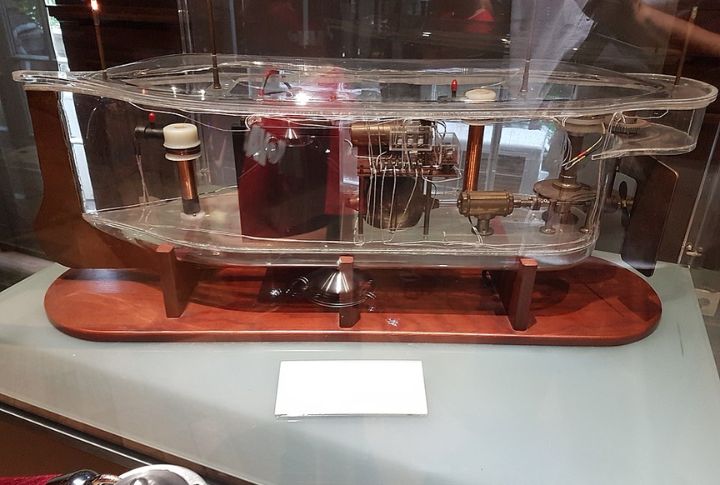
Nikola Tesla stunned crowds at Madison Square Garden in 1898 with a remote-controlled boat. He steered it and switched its lights on command, a feat so strange some suspected trickery. This early use of wireless technology paved the way for robotics and remote control we see today.
The Great Molasses Flood

Boston faced disaster in 1919 when a storage tank burst, and released 2.3 million gallons of molasses. The sticky wave raced through the streets at 35 mph, crushing buildings and trapping people. Twenty-one died, 150 were injured, and the city was left in chaos for weeks.
Napoleon’s Bunny Ambush
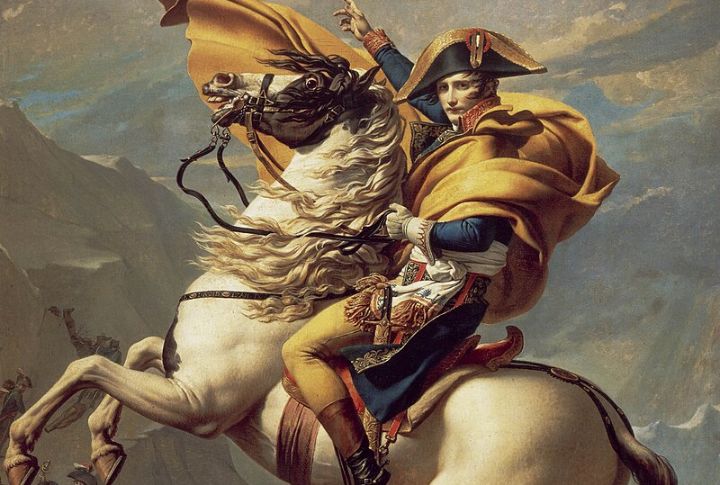
In the early 1800s, Napoleon Bonaparte organized a rabbit hunt for his men. His staff sourced hundreds of rabbits, but instead of wild ones, they mistakenly brought tame, farm-raised bunnies. When released, the rabbits charged toward Napoleon and his party, likely expecting food. The swarm overwhelmed the group, who were hilariously forced to retreat.
Churchill’s Boer War Escape
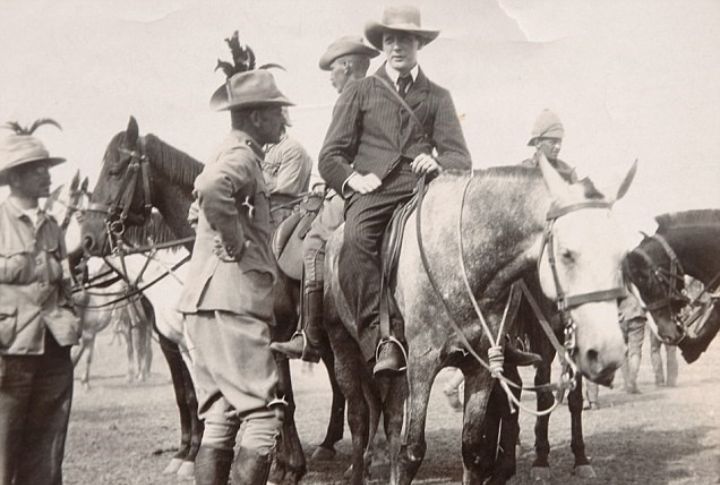
Before becoming Britain’s wartime Prime Minister, Winston Churchill was a correspondent during the Second Boer War. In 1899, he was captured by Boer forces and imprisoned in Pretoria. Churchill managed a daring escape by scaling a wall and traveling nearly 300 miles to safety. This escape even helped launch his political career.
Russia’s Beard Tax
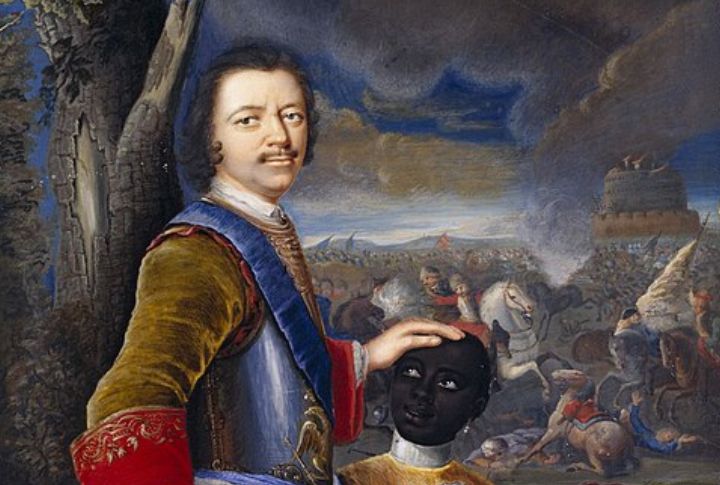
When Tsar Peter the Great returned from a tour of Western Europe, he was determined to drag Russia into the modern age. To him, beards symbolized old-world tradition and religious conservatism, so he issued a decree: men who wanted to keep their facial hair had to pay a tax in exchange for a beard token.

